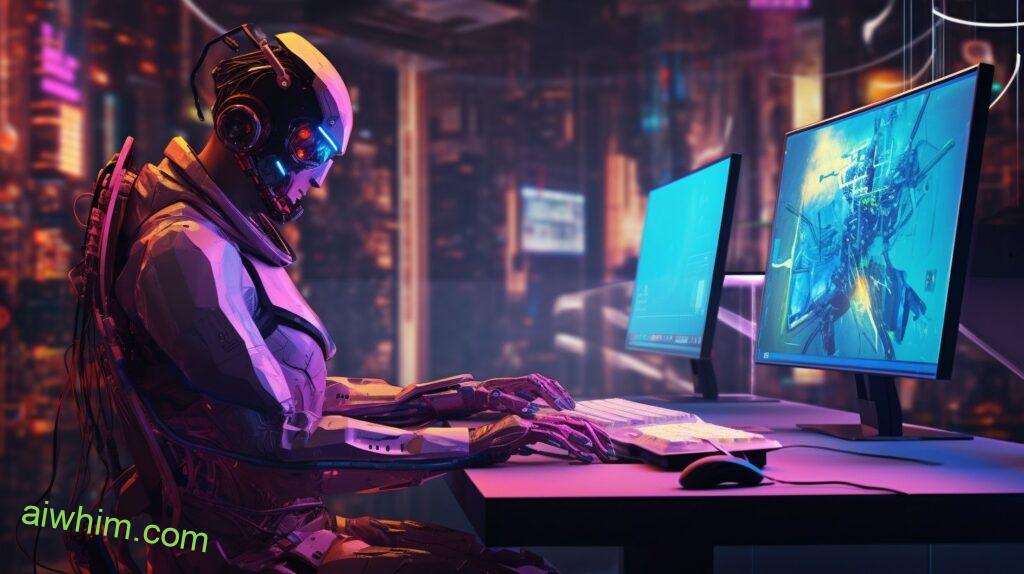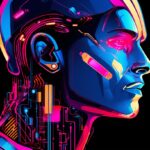Are you a chemist wondering if your job will be replaced by AI? It’s a valid concern in today’s rapidly advancing technological landscape. As AI continues to develop, some tasks that were once performed solely by humans are now becoming automated.
But what does this mean for the role of chemists in society and how can you prepare for potential changes in the field?
First and foremost, it’s important to understand that AI is not here to replace human expertise, but rather to complement it. By automating certain laboratory tasks and providing advanced data analysis and prediction capabilities, AI can actually enhance the work of chemists and lead to new discoveries.
However, this also means that as a chemist, it may be necessary to adapt your skills and specialize in areas where AI cannot yet match human intuition and creativity. So don’t fret just yet – there are plenty of opportunities for growth and collaboration with these emerging technologies.
Key Takeaways
- AI complements human expertise in chemistry and can lead to benefits such as precision analysis, cost efficiency, and enhanced productivity.
- Collaboration between scientists and machines can lead to successful applications of AI in chemistry, but human expertise is essential in designing experiments and interpreting results.
- Limitations of AI in chemistry include reliance on data interpretation and experimental variability, and ethical and social implications of job automation should be considered.
- Pursuing continuous education, developing interdisciplinary skills and specializations, and embracing new technologies are essential for staying relevant as a chemist.

The Role of Chemists in Today’s Society
Chemists play a critical role in society today, using their expertise to solve problems and create innovative solutions. The industry demand for chemists is high, as they are needed in various fields such as pharmaceuticals, cosmetics, food science, environmental protection and many more.
To become a chemist, one must have at least a bachelor’s degree in chemistry or related sciences. However, pursuing higher education can lead to diverse career paths within the field. Job satisfaction is also high among chemists as they have the opportunity to make significant contributions towards advancements in technology and science.
From discovering new drugs that save lives to developing sustainable materials that reduce our carbon footprint, the work of a chemist has tangible impacts on society. But with the rise of artificial intelligence (AI), there are concerns about whether this profession will be replaced by machines.
Understanding artificial intelligence and its capabilities is crucial for any chemist who wants to stay relevant in an ever-changing technological landscape.
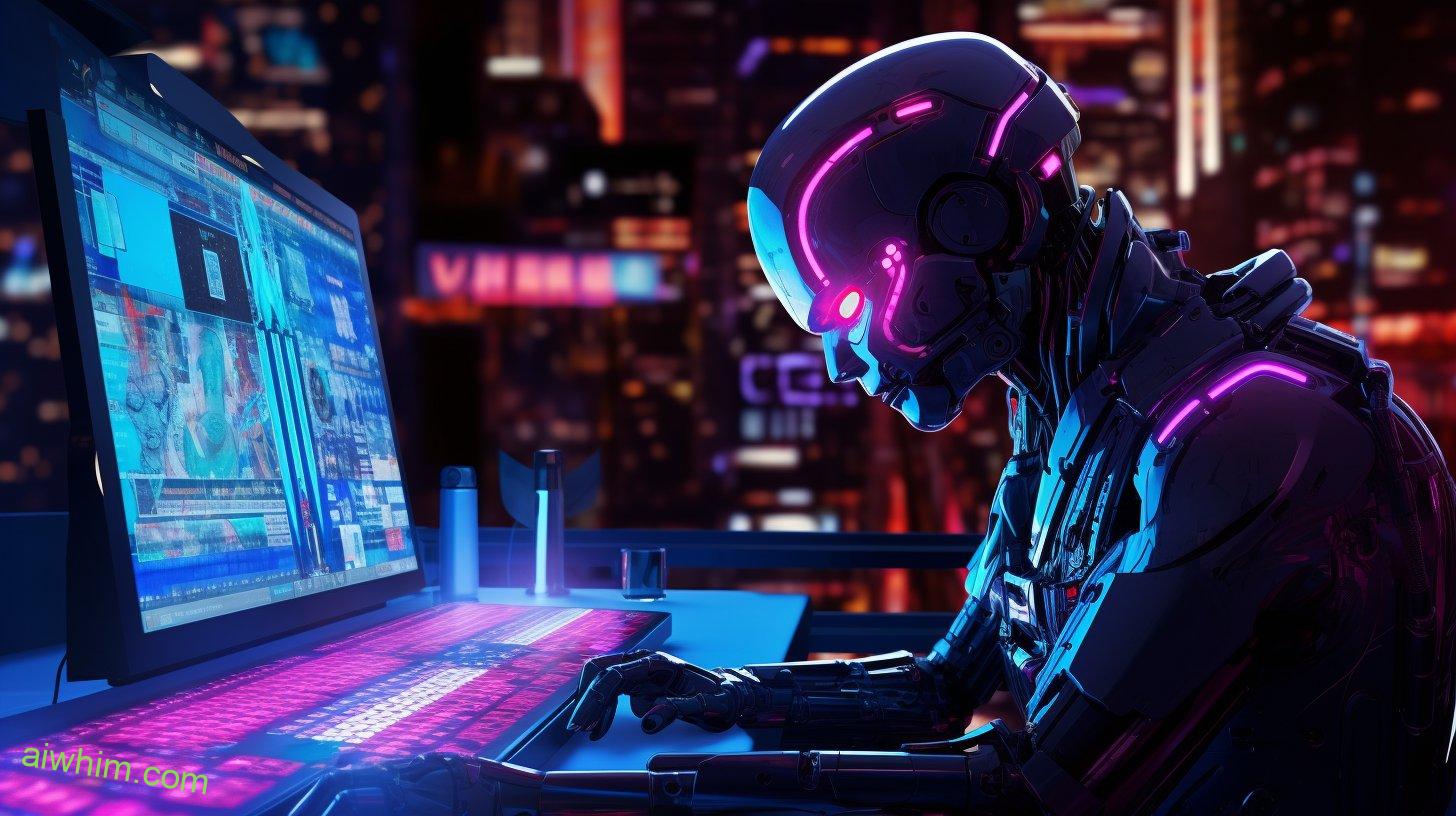
Understanding Artificial Intelligence and Its Capabilities
You might be surprised to learn just how versatile and powerful modern artificial intelligence technology has become. AI capabilities have grown exponentially in recent years, thanks in part to advances in machine learning, natural language processing, neural networks, and deep learning algorithms.
Here are a few bullet points to help you understand the full extent of what AI can do:
- AI can analyze massive amounts of data far faster than any human could.
- It can identify patterns and connections that humans might miss.
- It can make predictions based on real-time information.
- And it can even learn from its mistakes and improve over time.
With all these capabilities at its disposal, it’s clear that AI has the potential to revolutionize many industries – including chemistry. But what does this mean for your job as a chemist?
Let’s explore some of the benefits of using AI in chemistry next.

Benefits of AI in Chemistry
Imagine how much more efficient and accurate chemical research can be with the help of AI technology. Automation benefits, precision analysis, cost efficiency, and enhanced productivity are just some of the many advantages that AI brings to chemistry.
With AI algorithms taking care of repetitive tasks such as data processing and analysis, chemists have more time to focus on creative thinking and problem-solving. This means they can come up with new hypotheses faster and test them out in a shorter amount of time.
Moreover, AI has the potential to make chemical experiments more precise by predicting optimal conditions for reactions and suggesting modifications to existing procedures. This leads to fewer errors and better reproducibility of results.
In addition, using AI for chemical research can significantly reduce costs by eliminating the need for expensive equipment or reagents in some cases. Overall, incorporating AI into chemistry research can greatly enhance productivity while also providing valuable insights that would otherwise be difficult or impossible to obtain.
As we move forward into an age of scientific discovery fueled by automation, it’s exciting to think about what breakthroughs lie ahead in chemistry research through the use of advanced technology like artificial intelligence!
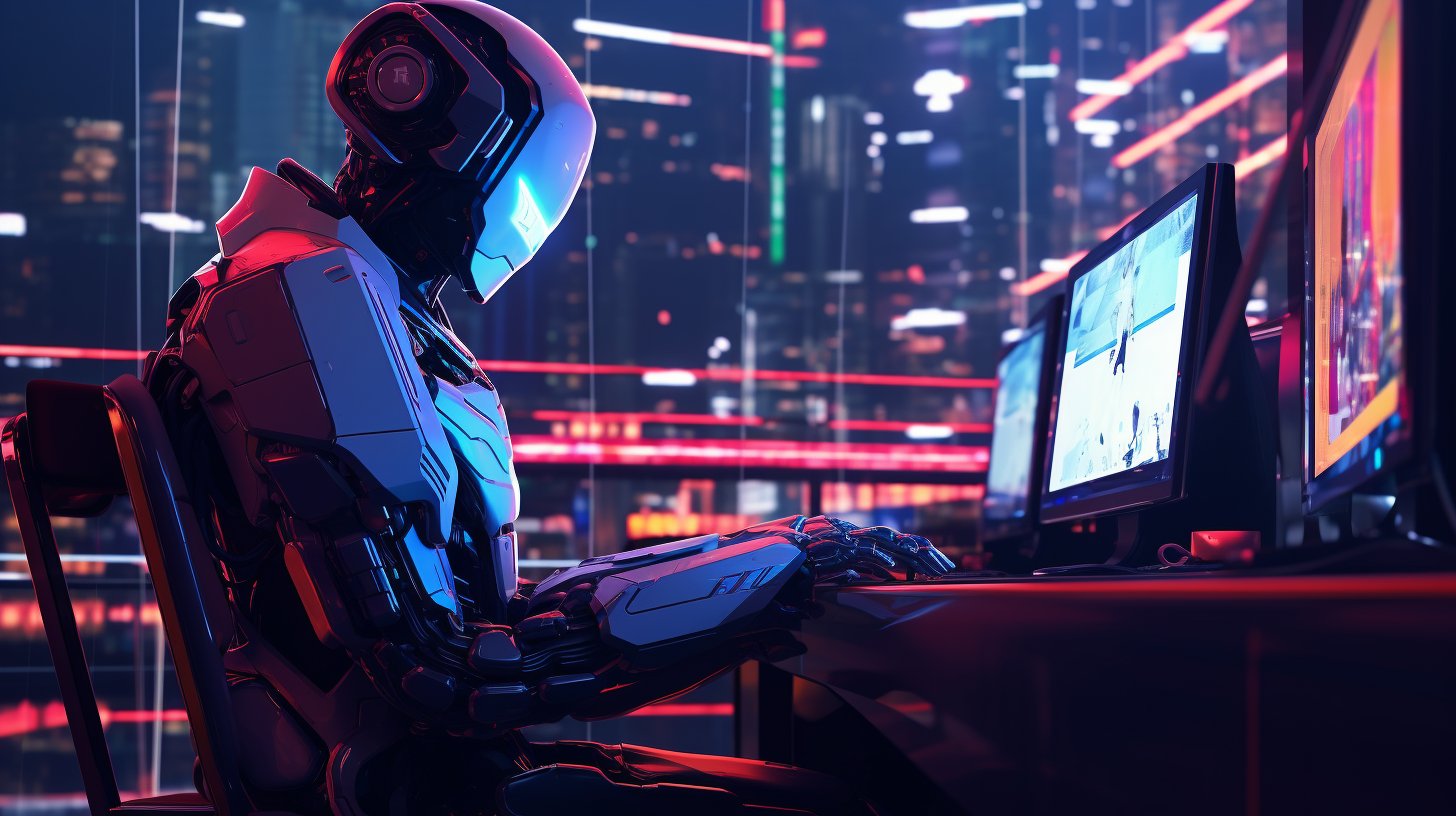
Automation of Laboratory Tasks
By automating laboratory tasks using AI technology, you can save time and increase efficiency in your experiments. Lab automation allows researchers to use robotic assistants to perform repetitive tasks such as sample preparation or data analysis.
Here are five examples of how lab automation can benefit your research:
- Increased accuracy: Robotic systems can consistently execute tasks with high precision, reducing human error.
- Reduced workload: By delegating repetitive tasks to machines, researchers can focus on more complex activities that require their expertise.
- AI-assisted synthesis: Machine learning algorithms can help optimize chemical reactions by predicting the outcomes of different reaction conditions.
- High-throughput screening: Automation enables quick and efficient screening of large numbers of compounds for drug discovery or other applications.
- Cost savings: Investing in lab automation may be expensive upfront, but it reduces the long-term costs associated with manual labor.
Lab automation is just one example of how AI is transforming chemistry research. In the next section, we’ll explore how machine learning algorithms are being used in data analysis and prediction.
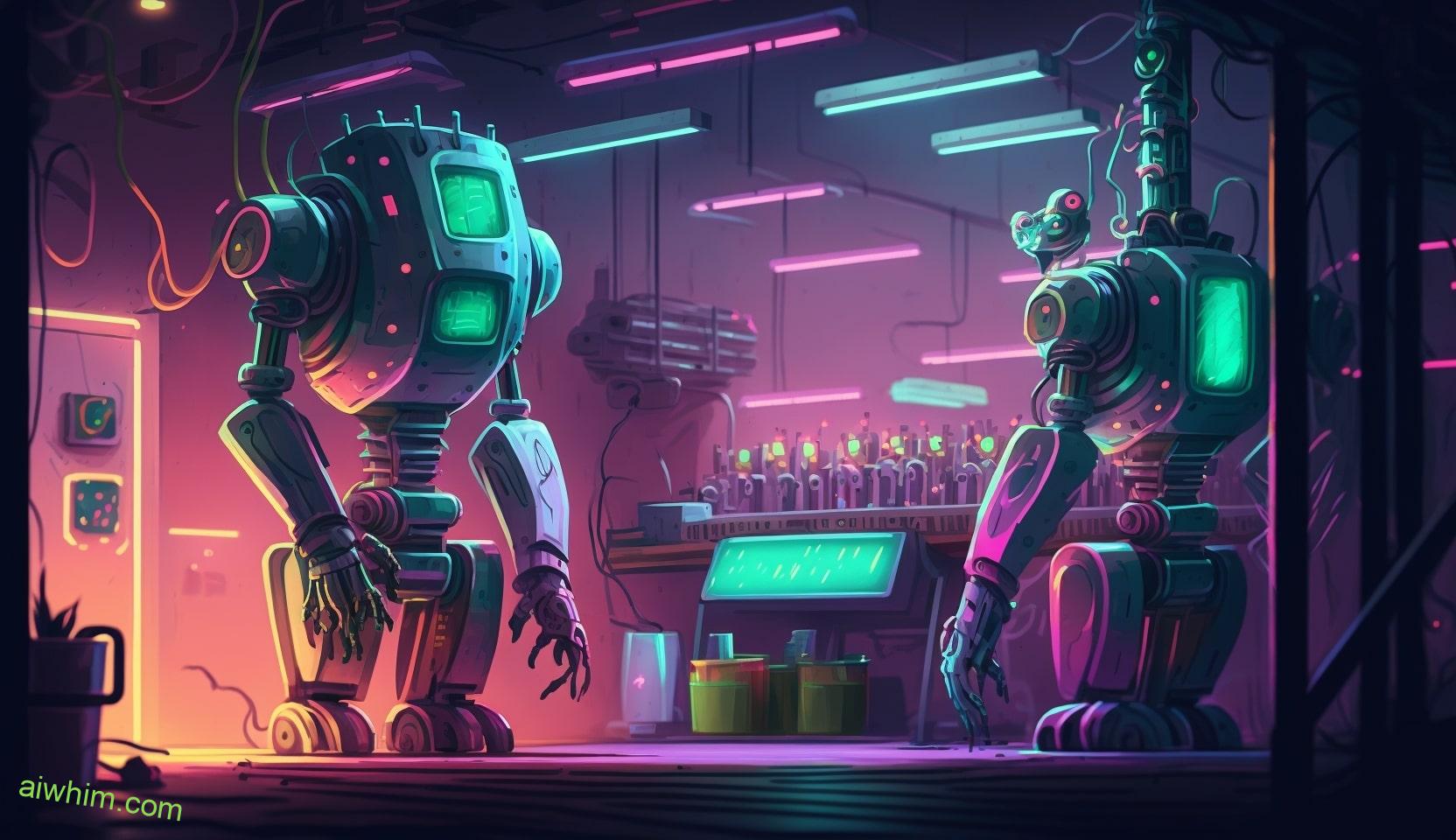
Data Analysis and Prediction
One of the most significant benefits of using AI in chemistry research is its ability to analyze data and make predictions with high accuracy. With the help of machine learning algorithms, predictive modeling, statistical analysis, and data visualization tools, chemists can interpret vast amounts of data in a fraction of the time it would take to do so manually. This enables them to identify patterns and trends that may be missed by human researchers while also reducing errors caused by human biases.
By leveraging AI for data analysis and prediction, chemists can free up more time for higher-level tasks such as experimental design and hypothesis generation. Additionally, they can use these insights to optimize their experiments and accelerate drug discovery processes.
However, as with any new technology, there are potential downsides that need to be carefully considered before widespread adoption; we’ll discuss these further when exploring applications of AI in chemical research.
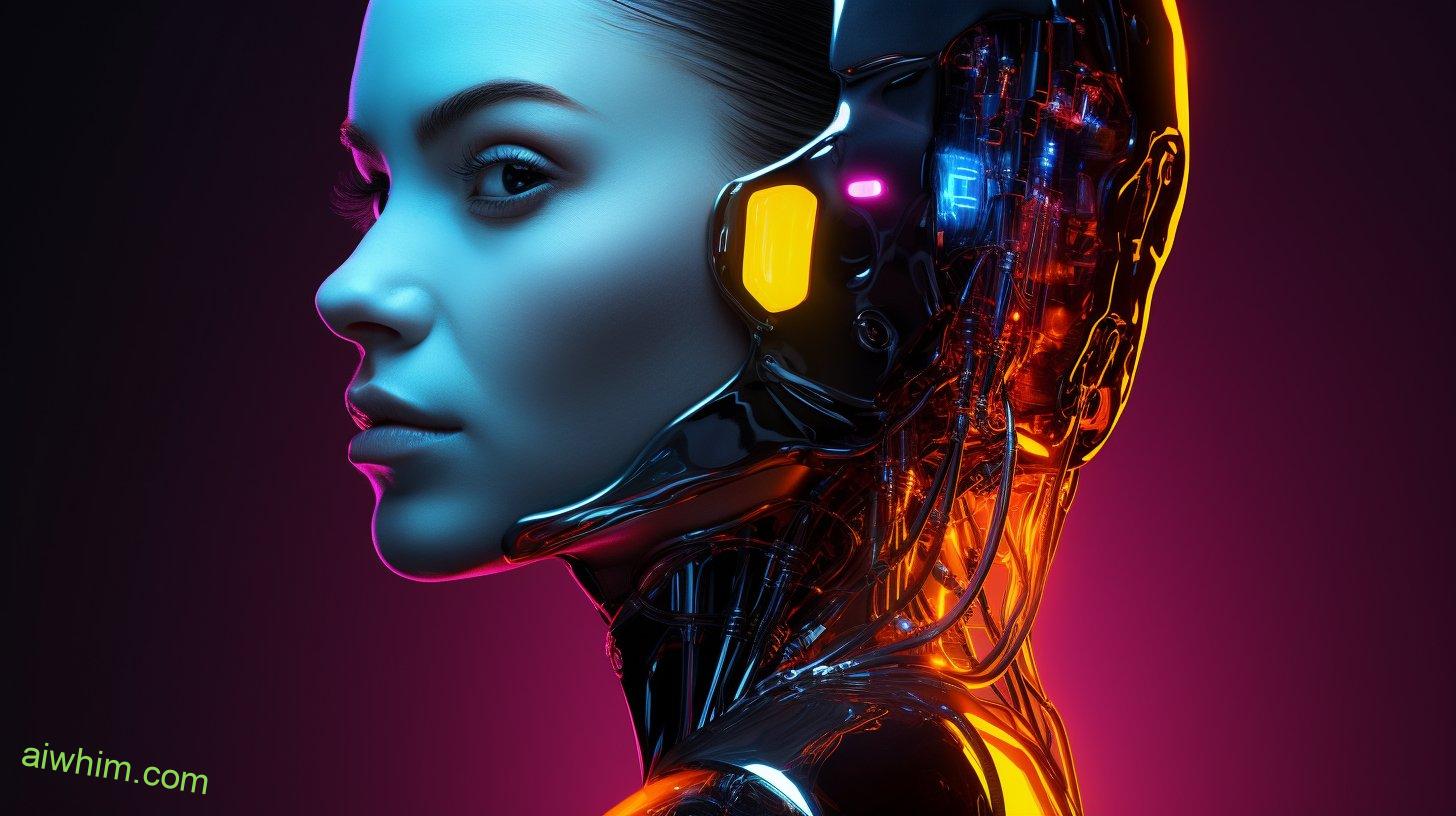
Applications of AI in Chemical Research
The applications of AI in chemical research are numerous, and they have the potential to revolutionize the way that chemists work. Here are just a few of the ways that AI is already being used in chemical research:
- AI-powered simulations: With the help of machine learning algorithms, scientists can create highly accurate simulations that predict how different chemicals will react with each other.
- Drug discovery: By analyzing large amounts of data and identifying patterns, researchers can use AI to find new drugs that could potentially cure diseases.
- Materials design: Using AI, scientists can design new materials with specific properties, such as strength or conductivity.
- Reaction optimization: With the help of machine learning algorithms, chemists can optimize chemical reactions by predicting which conditions will lead to the best outcomes.
While there are certainly challenges facing chemists in the age of AI, there’s no denying that this technology has already made significant contributions to the field. As we move forward, it’ll be important for researchers to continue exploring new applications for AI and finding ways to work alongside these powerful tools.
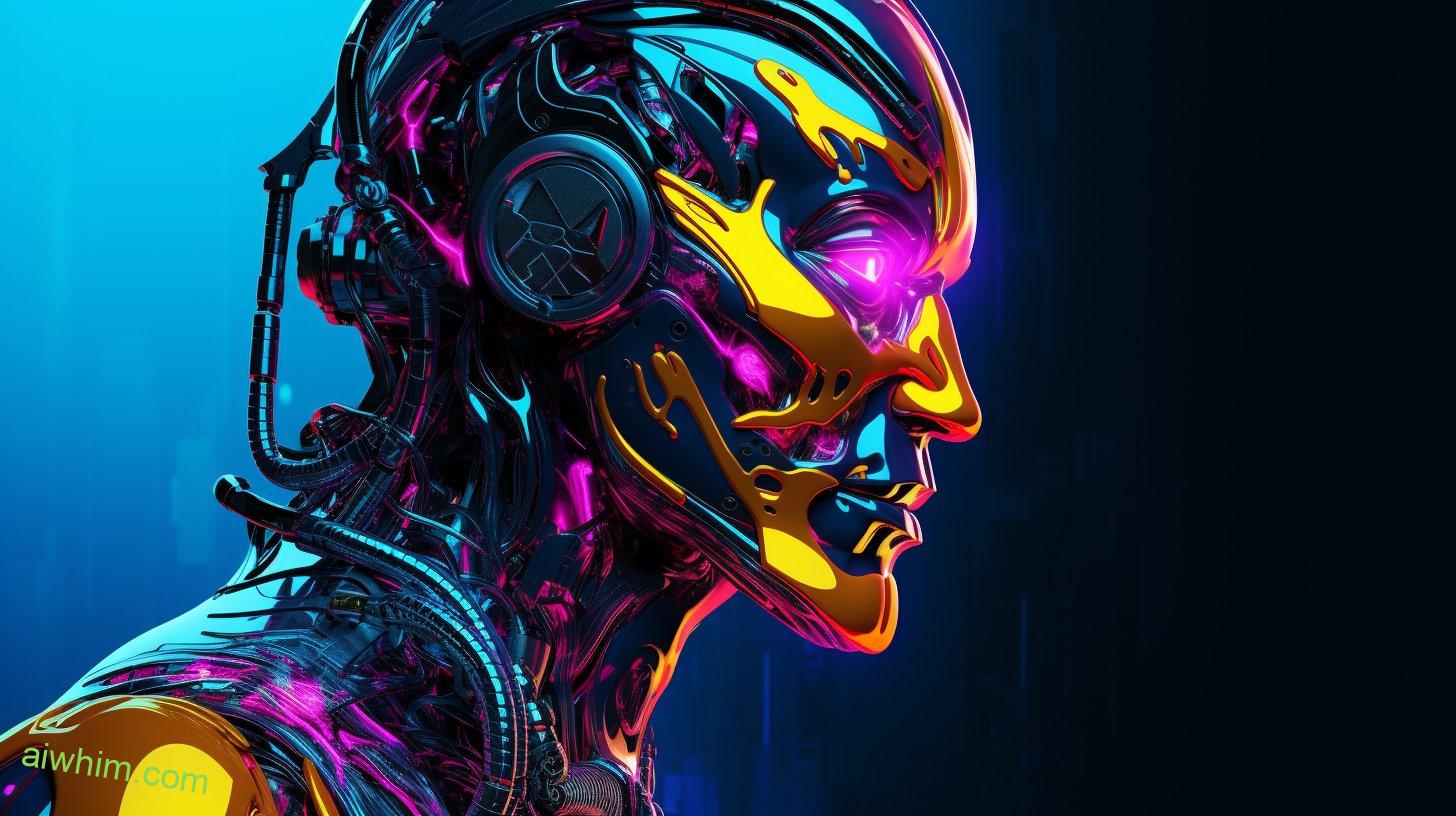
Challenges Faced by Chemists in the Age of AI
So you’ve just learned how AI is being used in chemical research. But what does this mean for the future of your job as a chemist? Well, the truth is that there are certainly challenges to be faced.
One major challenge is that AI in drug discovery and chemical synthesis automation may replace some of the more routine tasks of chemists. Machine learning algorithms can analyze large amounts of data to predict properties of molecules or identify potential drugs. Robotics in chemical analysis can automate repetitive lab processes. And AI in environmental monitoring can quickly detect pollutants and other chemicals in the environment.
While these advancements have incredible potential to speed up research and improve accuracy, they also have the potential to make certain jobs obsolete. As a chemist, it’s important to stay informed about these developments and continue developing skills that cannot be easily automated, such as critical thinking and creativity.
But remember, there is still an essential role for human expertise in chemistry. While AI may be able to process data faster or perform certain tasks with greater precision, it cannot replace human intuition or experience when it comes to designing experiments or interpreting results.
The most successful applications of AI will likely come from collaborations between scientists and machines, where each brings their unique strengths to the table. So don’t worry too much about being replaced by robots just yet – instead, focus on how you can use these technologies to enhance your own work as a chemist!
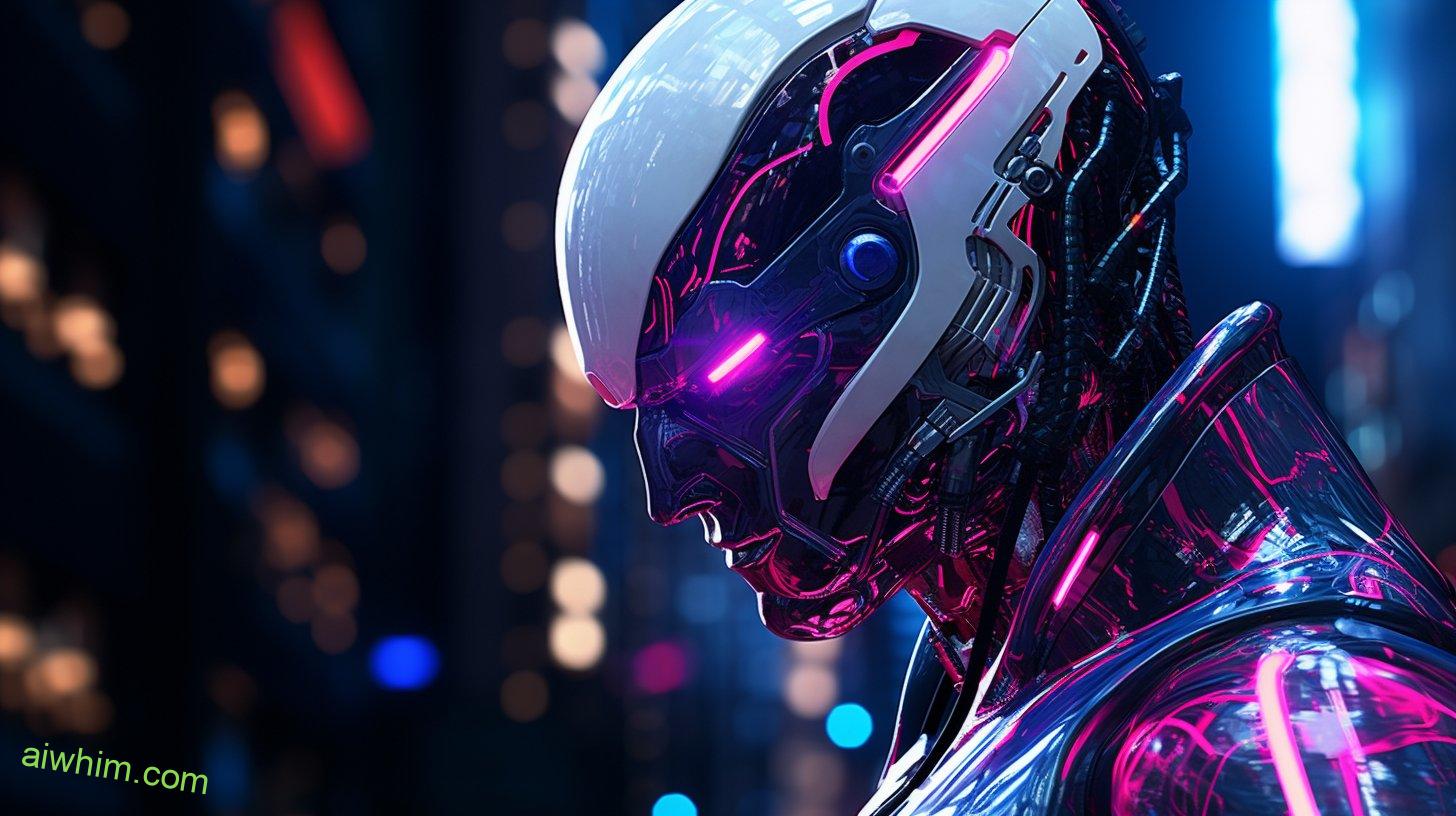
The Importance of Human Expertise in Chemistry
Don’t underestimate the value of your unique skills and knowledge as a chemist – how can you leverage them in collaboration with AI to push the boundaries of chemical research and discovery?
Human expertise plays a critical role in chemistry, especially when it comes to chemical intuition, experimental design, creative problem solving, judgment and decision making. With AI’s ability to analyze vast amounts of data and identify patterns quickly, chemists can focus on developing new hypotheses while AI provides insights that may have been overlooked by human experts alone.
Together with AI, chemists can optimize experimental conditions more efficiently than ever before. By leveraging their creativity and scientific curiosity alongside AI’s analytical capabilities, they can develop new tools for studying complex chemical systems. While some tasks may be automated by AI in the future, there is still tremendous value in human expertise. The key is to work collaboratively with technology rather than seeing it as a replacement for human ingenuity.
As you consider the importance of human expertise in chemistry and its potential collaborations with advanced technologies like AI, it’s important to also recognize the limitations of these technologies.
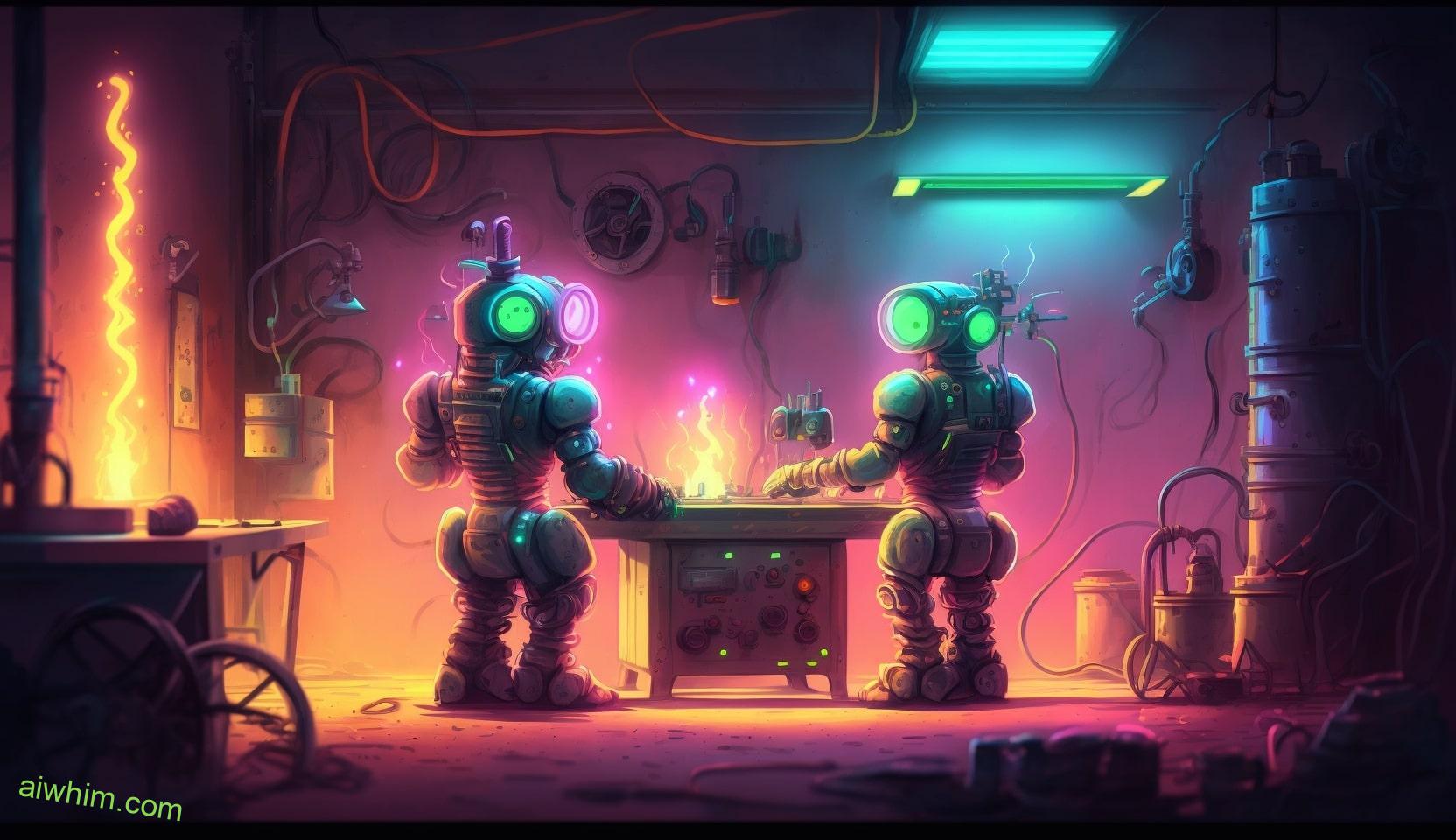
Limitations of AI in Chemistry
You just learned about the importance of human expertise in chemistry. It’s true that AI is increasingly being used to help chemists in their work, but there are limitations to what it can do.
For one thing, AI relies on data interpretation and statistical analysis, which means that it can only work with the information it has been given. This is where human intuition comes into play – a chemist’s experience and knowledge allows them to make educated guesses and predictions based on incomplete or uncertain data.
Another limitation of AI in chemistry is experimental variability. Chemistry experiments often involve unexpected results or anomalies that can’t be predicted by algorithms alone. A human chemist would recognize these anomalies as potential sources of error or interesting outcomes worthy of further exploration, while an AI might simply dismiss them as outliers.
These limitations don’t mean that AI doesn’t have a place in chemistry – quite the opposite! But they do highlight the continued need for human input and oversight in this field.
As we’ve seen, there are both benefits and limitations when it comes to using AI in chemistry. However, another important consideration is ethical concerns around job automation. What will happen to all those chemists who may find themselves replaced by machines? Let’s explore this issue next…
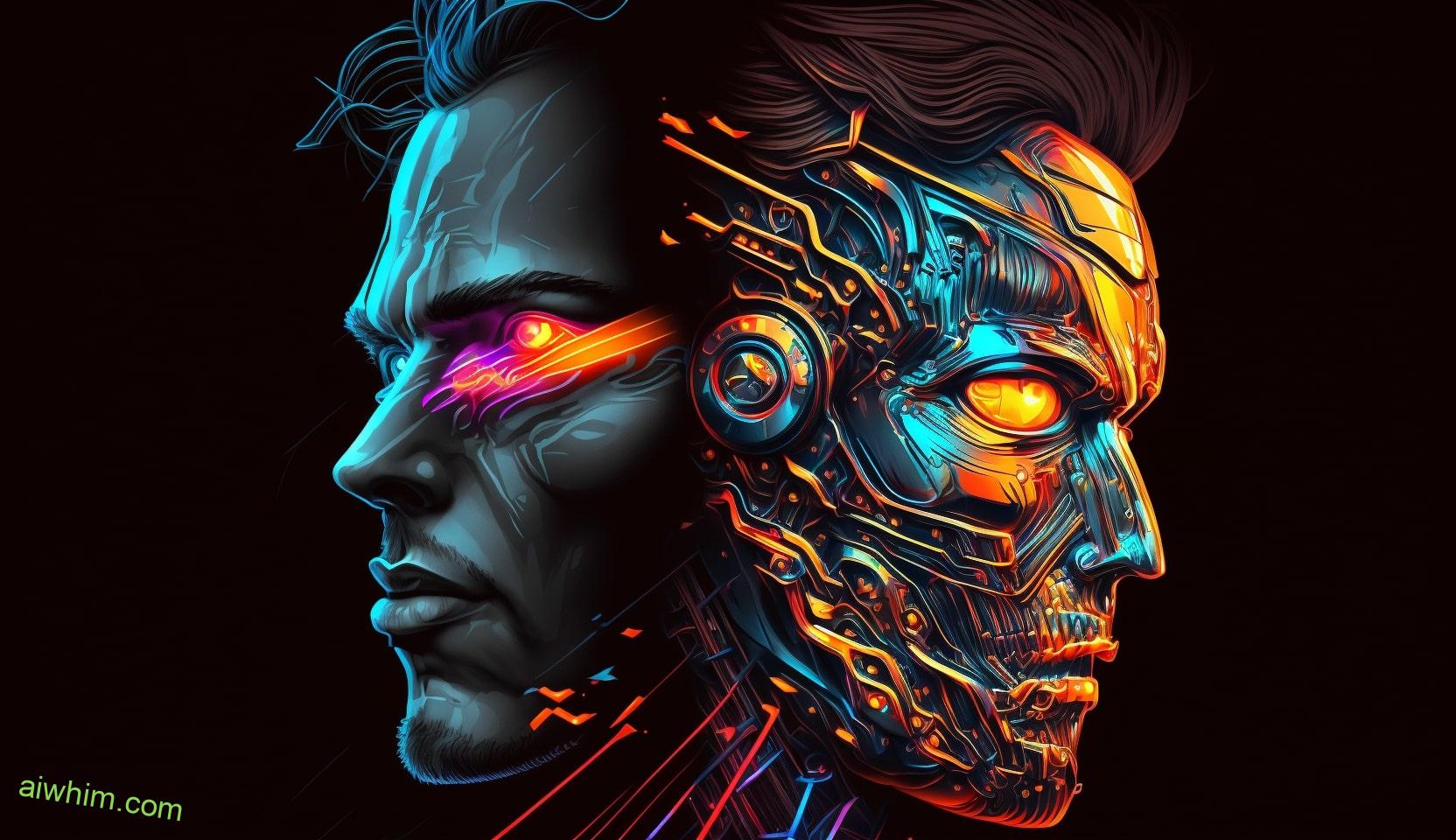
Ethical and Social Implications of Job Automation
The ethical and social implications of job automation extend beyond the field of chemistry and should be carefully considered in the implementation of AI technology. As a chemist, you may be concerned about the potential loss of your job to an AI system. However, it’s important to recognize that there are larger societal issues at play.
Here are some key points to consider when thinking about the ethical and social implications of job automation:
- Privacy concerns: With the increased use of AI systems, there’s a risk that personal data could be compromised or misused.
- Income inequality: Job displacement due to automation could widen the gap between those who have access to high-paying jobs and those who do not.
- Job displacement: The loss of jobs due to automation could cause significant financial hardship for individuals and their families.
- Societal restructuring: Automation has the potential to fundamentally change how society functions, which could lead to unexpected consequences.
- Ethical dilemmas: There are complex ethical questions surrounding the use of AI technology in industries like healthcare, finance, and law.
Considering these factors is crucial when evaluating whether or not your job as a chemist will be replaced by AI. While it’s true that some jobs will inevitably become automated over time, it’s important for society as a whole to ensure that this transition is handled responsibly.
As you look ahead at job market trends for chemists, keep these broader issues in mind. The future may hold new opportunities for you within your field – but it’s also possible that changes brought on by automation could require you to adapt your skills or pursue different career paths altogether.

Job Market Trends for Chemists
As a chemist, you may be wondering about the latest job market trends and how they could impact your career path. The good news is that the demand for chemists is expected to remain steady in the upcoming years.
With an increasing focus on sustainability and clean energy, there will likely be a growing need for chemists who specialize in areas such as renewable energy, green chemistry, and environmental science.
In terms of salary trends, the median annual wage for chemists was $78,790 in May 2020, but this can vary depending on factors such as location and industry demand.
To increase your chances of landing a high-paying job in this field, it’s important to stay up-to-date with industry developments and have a diverse skill set that includes knowledge of cutting-edge technologies and software programs. So, while there may be some changes in the coming years due to technological advancements, overall it seems that there will still be plenty of opportunities available for those pursuing careers as chemists.
With these current job market trends in mind, it’s important to start thinking about how you can prepare yourself for the future of chemistry. One way to do this is by staying informed about emerging technologies and innovations within your area of expertise.
Additionally, continuing education through graduate programs or professional development courses can help keep your skills relevant and up-to-date. By taking proactive steps now to enhance your knowledge and skill sets, you’ll be well-positioned to take advantage of any new opportunities that arise down the line.
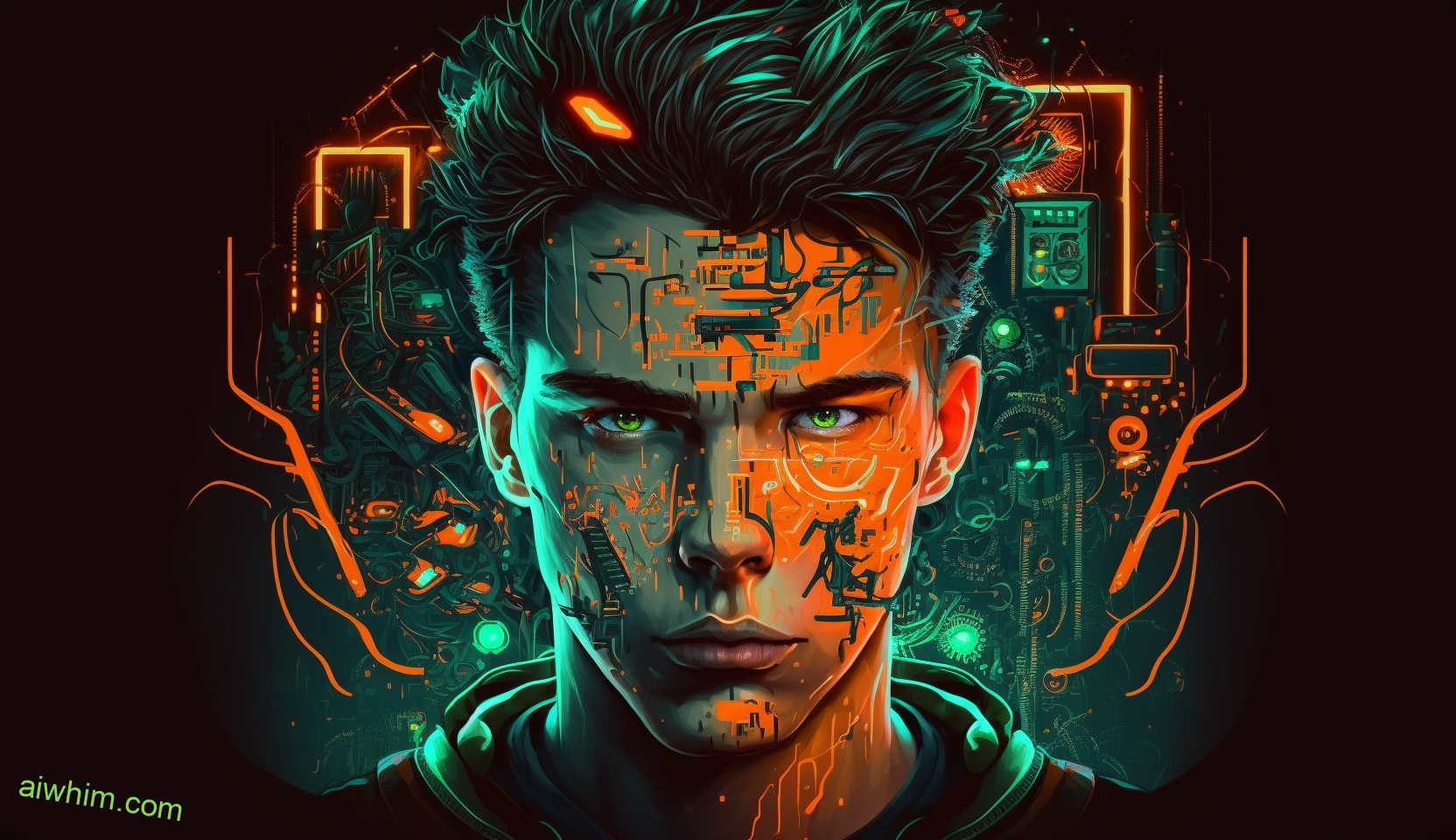
Preparing for the Future of Chemistry
To stay competitive in the chemistry field, it’s important to continuously learn about emerging technologies and innovations. Future proofing careers is all about anticipating industry trends and preparing for them ahead of time.
With the rise of artificial intelligence (AI), it’s crucial for chemists to keep up-to-date with the latest technological advancements. Chemists should focus on skill development that complements AI technology, such as data analysis and computational chemistry.
The ability to work alongside AI will not only increase job security but also create opportunities for advancement and specialization within the field. By embracing new technologies and learning how to utilize them effectively, chemists can position themselves as valuable assets in a rapidly evolving industry.
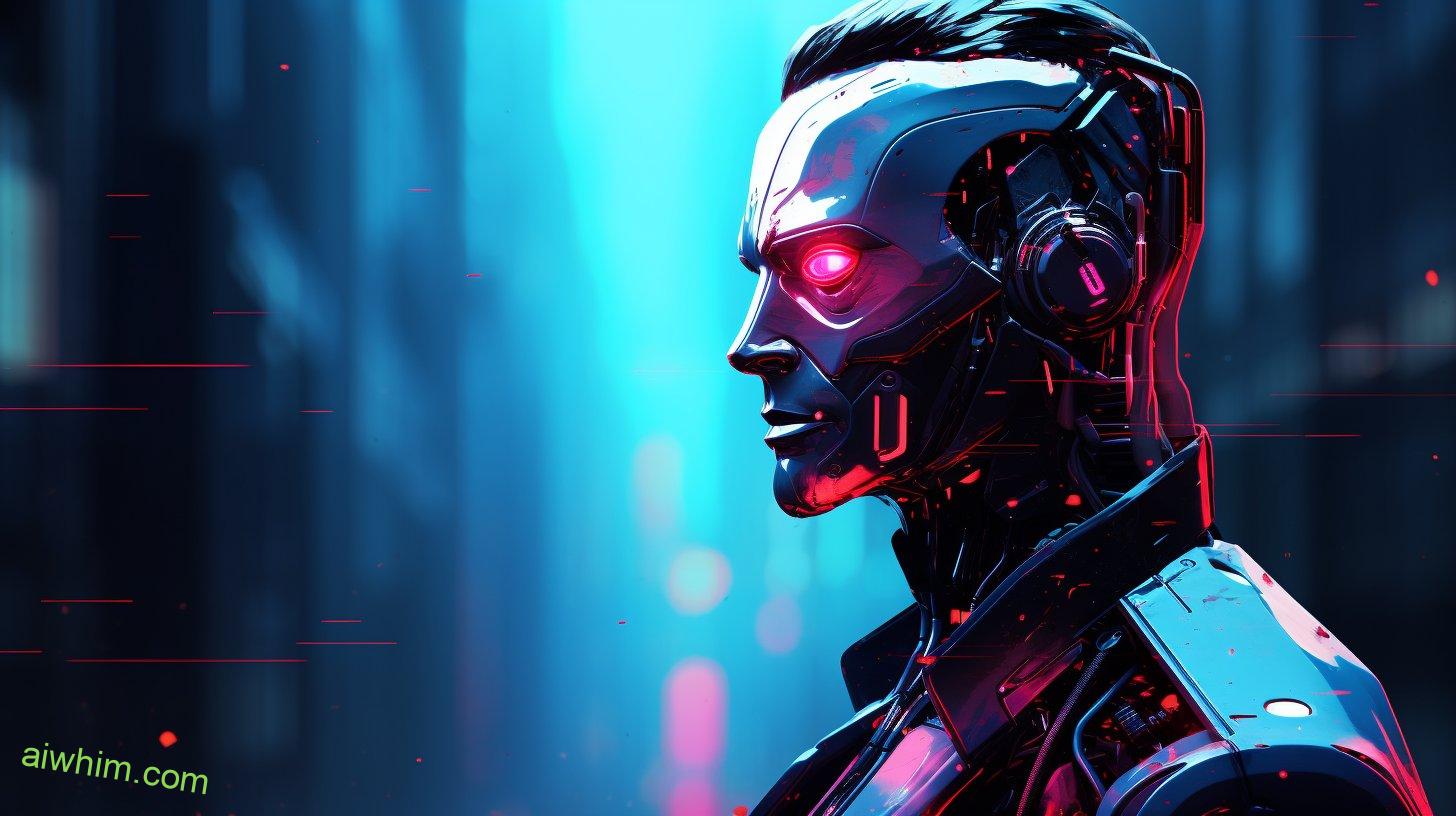
Developing New Skills and Specializations
Developing new skills and specializations in chemistry can help you stay ahead of industry trends and remain competitive. Continuous learning is essential to keep up with emerging technologies, such as artificial intelligence (AI) and machine learning. By developing an interdisciplinary approach, you can gain a deeper understanding of how chemistry intersects with other fields like biology or materials science.
Industry demands are constantly changing, and it’s vital to be adaptable. Pursuing career growth opportunities through specialized training or certifications can help increase your value as a chemist. For example, learning about data analysis or computational chemistry can give you an edge in working with AI tools that are becoming more prevalent in the field.
As you develop new skills and specializations, you’ll be better equipped to collaborate with AI and other technologies that are transforming the way work is done in chemistry.
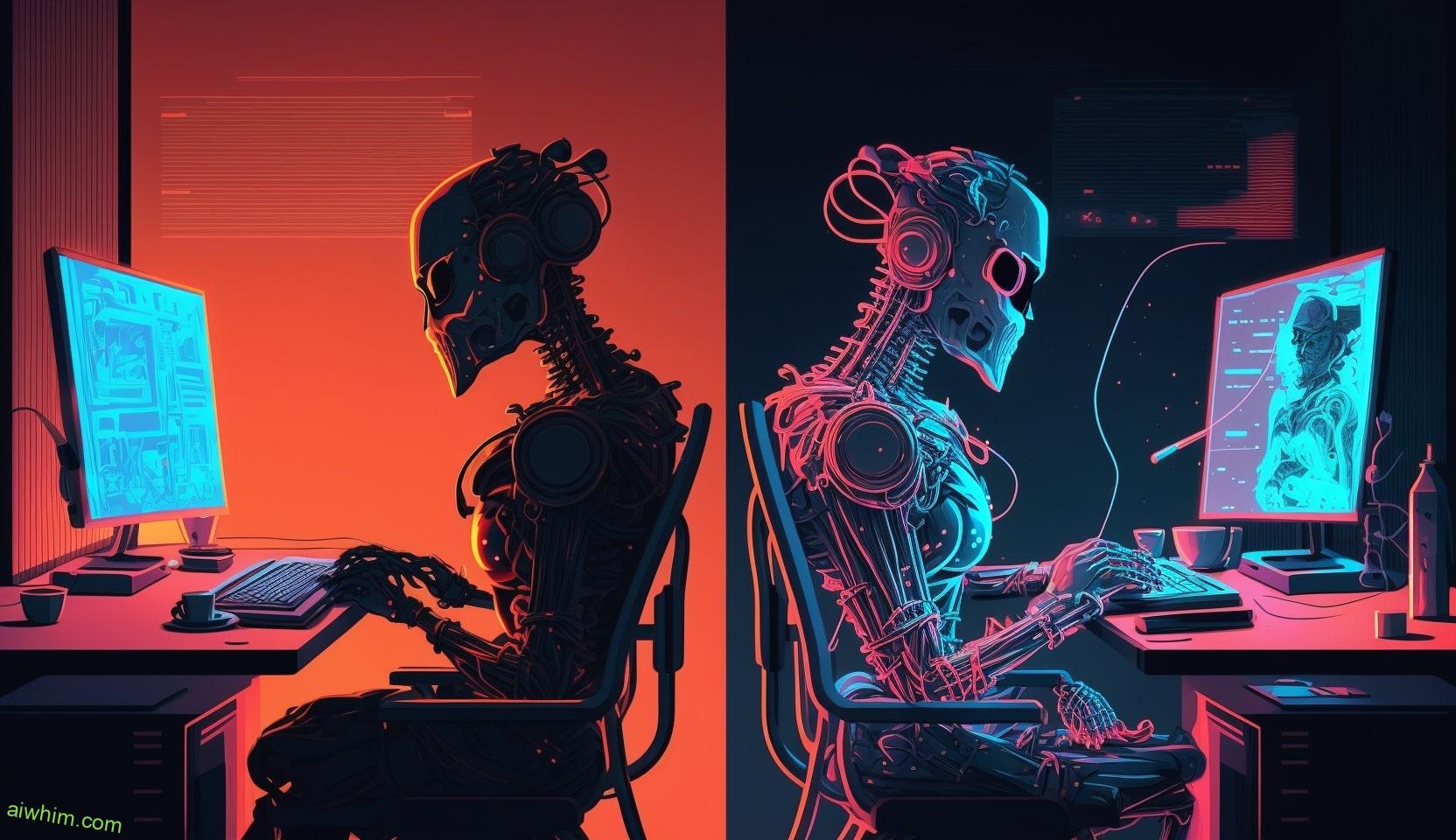
Collaborating with AI and Other Technologies
Collaborating with AI and other innovative technologies in chemistry is like working with a team of experts who bring different perspectives and strengths to solve complex problems. With AI’s ability to analyze vast amounts of data, chemists can focus on the most critical aspects of their work, such as developing new theories or designing experiments. The integration of AI into the chemist’s workflow creates a synergy that enhances accuracy, efficiency, and creativity.
Science education is also evolving to accommodate these interdisciplinary research opportunities. Industry partnerships are forming between academic institutions and private organizations to create programs that teach students how to use these advanced tools effectively. The future demands professionals who are not only proficient in traditional laboratory techniques but also adept at collaborating with cutting-edge technologies like AI.
Embracing lifelong learning opportunities ensures that you continuously improve your skills and remain competitive in this rapidly changing field.
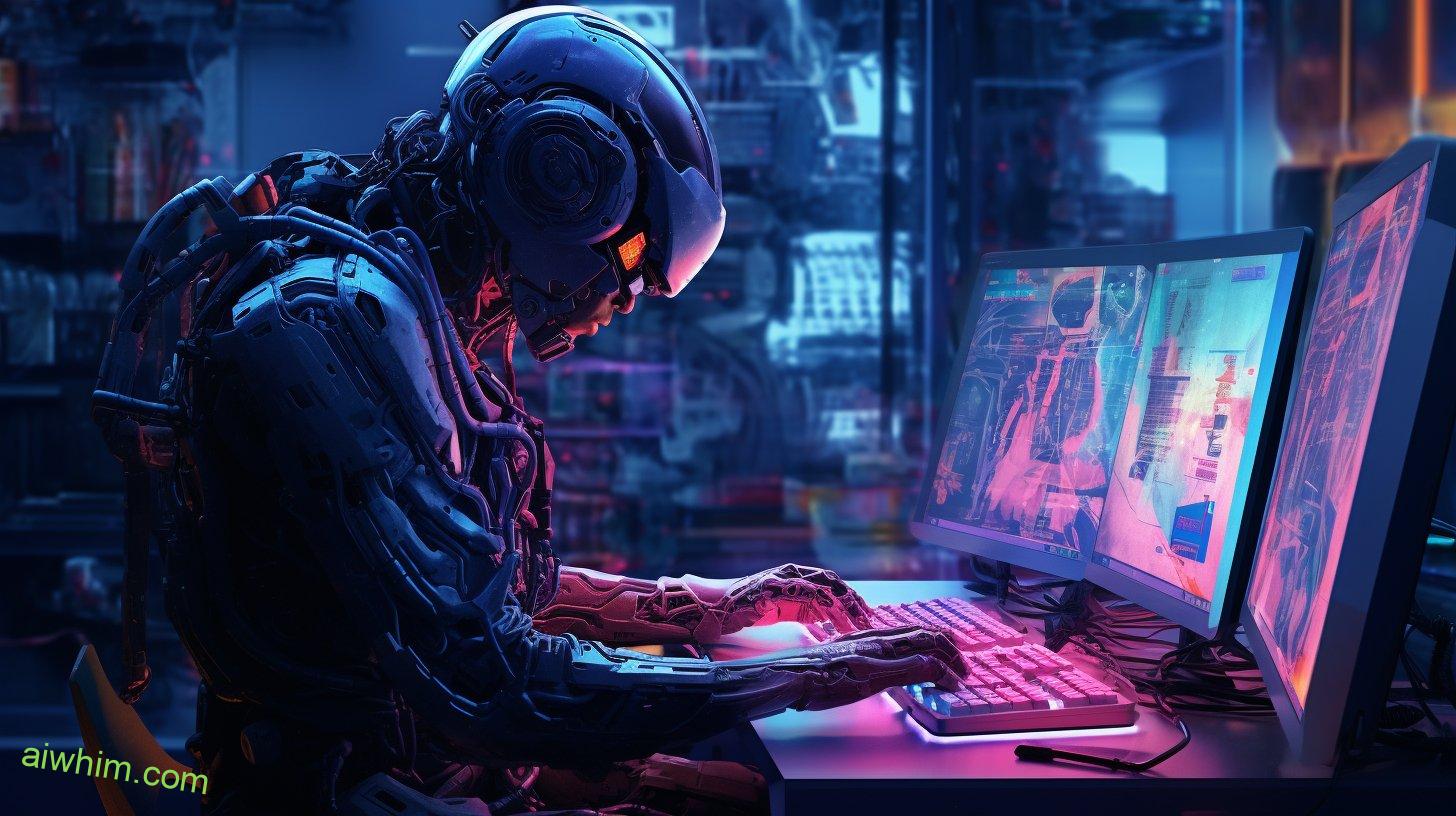
Embracing Lifelong Learning Opportunities
You can stay ahead in the field of chemistry by embracing lifelong learning opportunities that keep you up-to-date with the latest technologies and techniques. Continuous learning is essential for skill development, career growth, and personal growth. It also helps you stay competitive in the industry by keeping up with the latest trends and advancements.
There are many ways to continue your education as a chemist, such as attending conferences, taking online courses, reading industry publications, or participating in workshops. By investing time and effort into these opportunities, you can expand your knowledge base and enhance your skills. Moreover, continuous learning not only benefits your career but also gives you a sense of fulfillment by exploring new horizons.
As a chemist who values personal growth and professional success, it’s crucial to embrace lifelong learning as an integral part of your journey towards excellence.
In order to maintain a positive attitude and adaptability throughout your career journey as a chemist, it’s important to understand how changes may impact you personally or professionally.
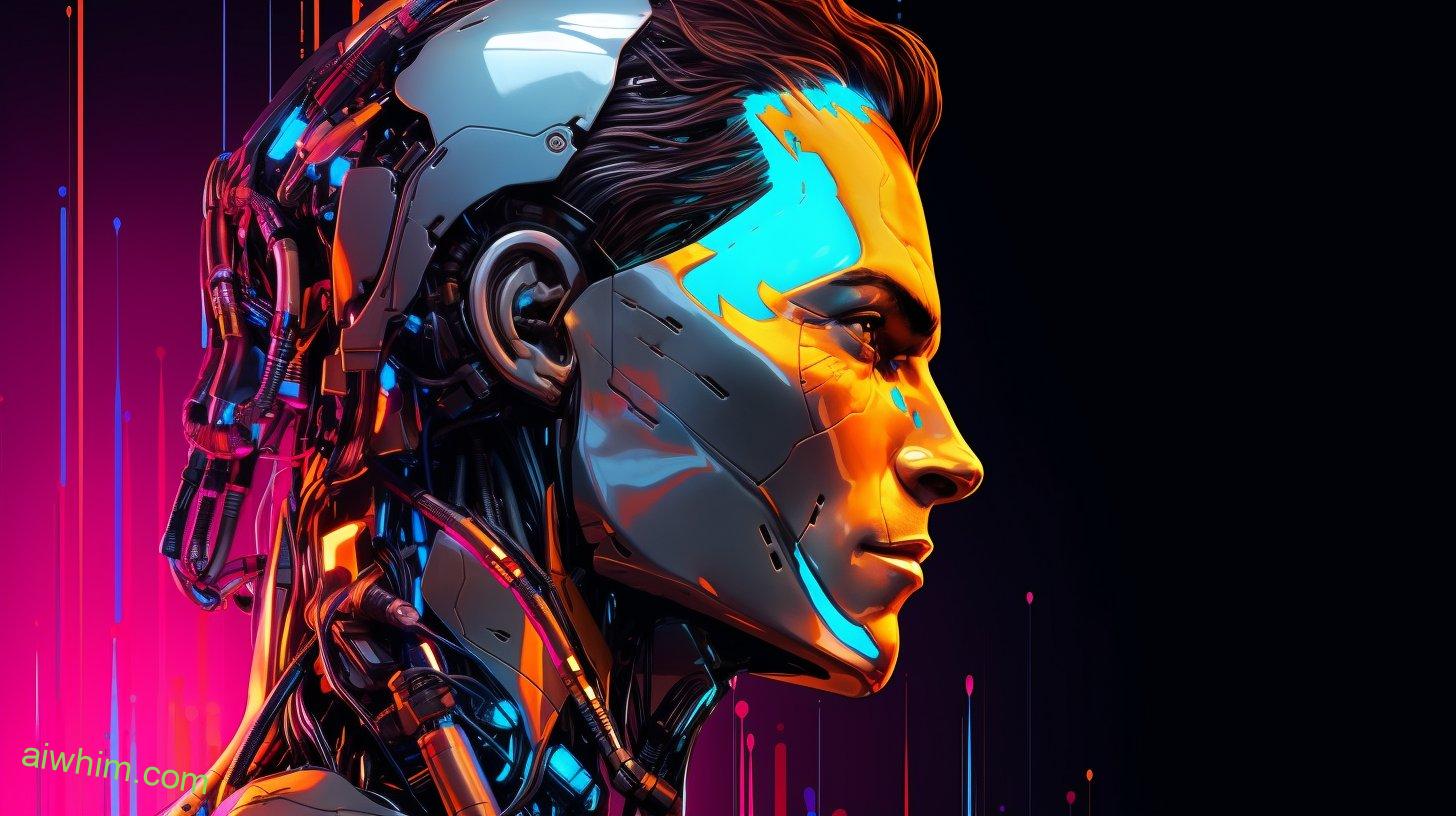
Maintaining a Positive Attitude and Adaptability
As you navigate the ever-changing landscape of chemistry, staying flexible and open-minded is like riding the waves of a turbulent ocean. The importance of mindset can’t be overstated in this era where AI is fast replacing human jobs.
To maintain relevance as a chemist, you need to embrace change and cultivate a proactive attitude towards reskilling options that ensure your skills remain competitive. With AI taking over routine tasks once carried out by humans, it’s essential to stay ahead of the curve by embracing lifelong learning opportunities.
You must develop new skills and knowledge while keeping up with emerging trends in chemistry. This way, you’ll remain relevant in an industry that’s rapidly evolving. By staying abreast with technological advancements and seeking out reskilling opportunities proactively, you can position yourself better for future job prospects as a chemist.
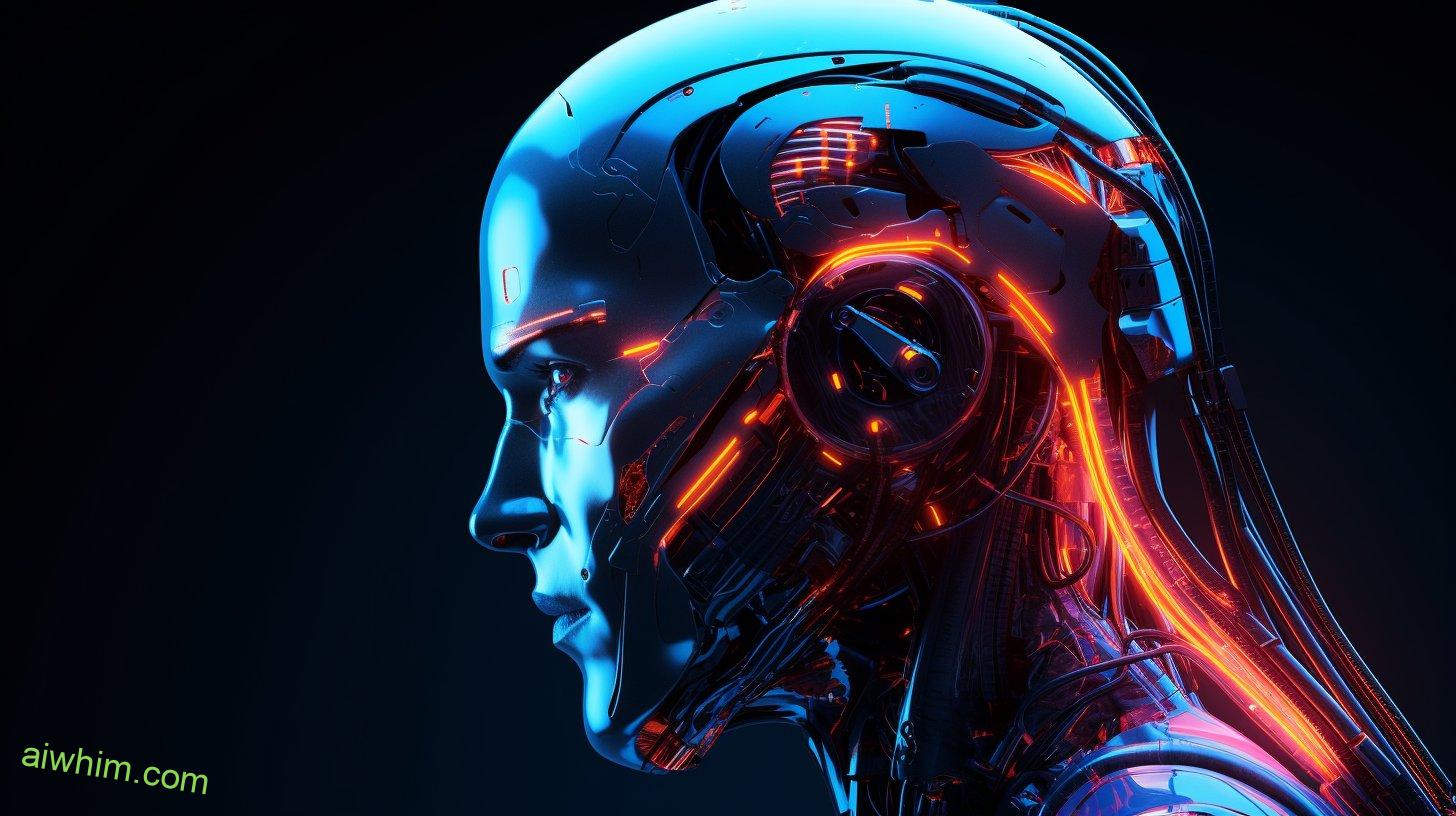
Final Note
So, will your job as a chemist be replaced by AI? While it’s true that technology is advancing at an unprecedented rate, the answer is not so simple.
As a chemist, you play a crucial role in today’s society and there are certain skills and responsibilities that cannot be automated. However, it’s important to recognize the benefits of AI in chemistry and how it can enhance your work.
By embracing new technologies like AI, you have the opportunity to automate routine tasks, analyze data more efficiently, and collaborate with other professionals in a way that wasn’t possible before. It also means developing new skills and specializations to stay relevant in an ever-changing field.
Ultimately, the key to success lies in maintaining a positive attitude and adaptability towards these changes while continuing to pursue lifelong learning opportunities. So, fear not – your job as a chemist may evolve alongside technology, but it will never truly be replaced by it.

